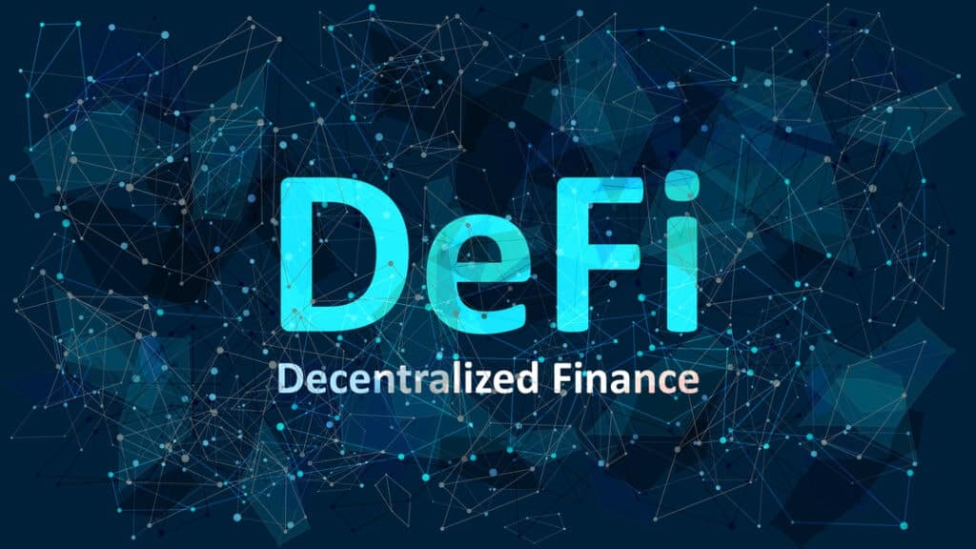According to market analysis, experts predict that the Global Decentralised Finance Market is estimated to reach a value of 398.77 billion by the year 2031. Although the Decentralised Finance (DeFi) industry only emerged in the past few years, it has grown in a short time. Due to this, there have been rapid advancements in decentralized business models and technologies. Nonetheless, while it has made impressive growth, users must also understand that there are technological risks involved. This article explores some of the potential risks inherent in DeFi and their implications.
Potential Pitfalls Of Decentralised Finance
Risks of Smart Contracts
Decentralised finance (DeFi) projects usually involve intricate networks of smart contracts. Smart contracts are agreements, or components of agreements, that are encoded digitally and executed automatically on a network built on blockchain technology. One advantage of smart contracts is their ability to decrease counterparty risk. However, it is important to note that smart contracts do present additional risks. In the event that you make a mistake, such as transferring to an incorrect address or using an inappropriate network, your funds may become impossible to retrieve. In the absence of a centralized third party, like a bank, the smart contract lacks the capability to be reversed and refunded your funds.
Impermanent loss
One of the most common and widely misunderstood risks in the DeFi market is impermanent loss. If a user provides liquidity, they also need to deposit two types of assets. As people buy and sell tokens from the pool, the asset amounts change, making one asset more valuable. During this process, the ratio of the tokens that liquidity sources put in also changes. Most of the time, these people end up with fewer tokens whose value has gone up, which means it would have been better if they had kept their tokens.
Regulatory Risks
Governmental entities such as the SEC (Securities and Exchange Commission) could majorly affect DeFi platforms. The SEC recently won its case against LBRY, a blockchain-based cryptocurrency company allowing consumers to share digital content and tip creators. The court determined that LBRY was operating as an unregistered security, a decision that could have far-reaching consequences for the DeFi ecosystem, as it could lead to other cryptocurrencies being subject to the same scrutiny. The regulatory oversight of this new financial system is a significant threat.
Defi Complexity Risks
The DeFi industry is still in its early stages and remains somewhat complex. In some cases, losses are frequently the consequence of human error. Those who do not know how the technology runs the risk of losing all of their crypto assets. People tend to lose large amounts of money by misplacing or misusing their private keys or crypto wallets. In addition, many DeFi markets, unlike traditional finance marketplaces, lack customer service teams. A basic error like sending money to the incorrect address could result in huge losses. You could contact the recipient at the incorrect address and request the return of the funds. However, they are not required to send it back. Furthermore, you may be unable to locate the person or organization associated with this address.
Takeaways
Decentralised Finance has an incredible potential to transform the financial industry by granting people access to financial services in a manner that is both decentralized and inclusive. However, it is essential to recognize and address the potential dangers linked to this developing field.




























